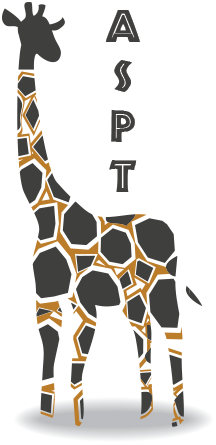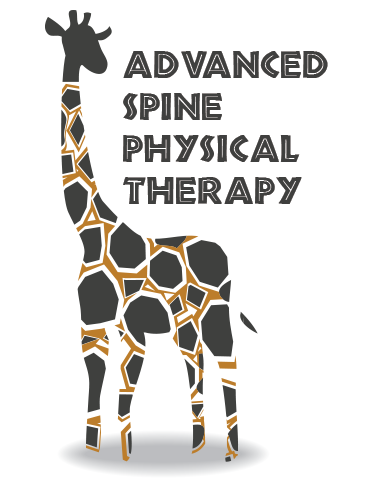 Balance can be affected by many things including combinations of prescription and over-the-counter medications.
Balance can be affected by many things including combinations of prescription and over-the-counter medications.
The Balance Control System includes two systems:
- Gaze Stabilization System maintains direction of the eyes during head and body movements.
- Postural stabilization System keeps the body in balance with movement.
When the balance senses are impaired, the adaptive capabilities of the brain are severely compromised. This can result in a variety of symptoms including dizziness, loss of balance in poor light or when walking on uneven surfaces. To maintain balance, the normally automatic process requires conscious effort which in turn results in fatigue and inability to focus on cognitive tasks. The risk of developing balance problems as we age increases as a result of degenerative diseases and injuries accumulated over the years.
Medical Conditions that affect balance are:
- Stroke:
Approximately 600,000 Americans suffer a stroke each year. 70% are unable to ambulate. 40% will suffer a serious fall within a year following the stroke. - Parkinson’s Disease.
There are 20 new cases per 100,000 population per annum with a total of one million affected in the US. 38% experience falls and 13% will fall more than once a week. - Multiple Sclerosis.
250,000 individuals in the US suffer from MS. Problems with gait and walking are the most common limitations. Most gait problems can be helped by physical therapy. - Head Injury.
1 million Americans are treated for a traumatic brain injury. They can suffer dizziness and unsteadiness for up to five years following the injury. Falls are reported to be the leading cause of TBI in those 65 and older and are in the top three common types of injury. - Neuropathy.
Diabetic or chemotherapy induced neuropathy will affect sensation to the feet, contributing to falls. - Geriatric.
Disequilibrium of aging. - Vestibular.
More than 50% of Americans are affected by Vestibular disorders.
RISK OF FALLING IN THE ELDERLY.
Every year, one half of the population over 65 will experience a fall. This is the leading cause of injury in older adults. Nearly 20% of adults between the ages of 65 and 75 suffer from balance disorders. Older women with diabetes have a greater risk of falling. Dizziness is a common symptom in 30% of people over the age of 65 and the elderly seek medical treatment more for dizziness than for hearing loss.
Falls are prevalent, dangerous and costly. Psychological trauma results in fear of falling and a downward spiral of activity reduction occurs, resulting in loss of strength, flexibility and mobility which in turn increases the risk for falling. Falls cause approximately 350,000 hip fractures per year. 25% will make a full recovery, 40% will require nursing home care and 50% will require some walking aid to ambulate.
Reducing the risk factors that lead to disequilibrium need to be addressed to prevent falls.
These include:
- Lower extremity strength, flexibility and range of motion.
- Increased endurance for standing activities.
- Increased awareness of balance abilities to aid self- confidence.
- Improved upper body and head stability.
- Improved ability to survive balance perturbations.
- Improved postural stability with movement.
- Improved perception of body position with various tasks.
- Expanded limit of stability.
- Improved sensation in the feet
Falls are not a part of aging and may be preventable to a large degree. The goal in managing balance and mobility disorders is to decrease disability and improve function. The patient must be evaluated thoroughly to identify the functional impairments and a treatment plan established to target those specific functional impairments. Advanced Spine Physical Therapy customizes the treatment to each individuals’ pathology, impairments and functional limitations, thereby achieving optimal outcomes.
Balance Self Test
If you answer YES to one or more of the questions you could be at a risk for falling. ADVANCED SPINE PHYSICAL THERAPY can perform a balance screening test for you to determine you risk.
- Have you fallen more than once in the last year?
- Do you take medicine for two or more of the following diseases: heart disease, hypertension, arthritis, anxiety & depression?
- Do you feel dizzy & unsteady when you make sudden changes in movement such as bending down or turning quickly?
- Do you have black-outs or seizures?
- Have you experienced a stroke or other neurological problem that has affected your balance?
- Do you experience numbness or loss of sensation in your legs and/or feet?
- Do you use a walker or wheelchair, or do you need assistance to get around?
- Are you inactive? (Answer yes if you do not participate in a regular form of exercise, such as walking or exercising 20-30 minutes at least three times a week).
- Do you feel unsteady when you are walking, climbing stairs?
- Do you have difficulty sitting down or rising from a seated or lying position?
If you answered YES to one or more of the above questions, then you could have a balance problem and should consult with your physician. Schedule with ADVANCED SPINE PHYSICAL THERAPY for a thorough evaluation.


